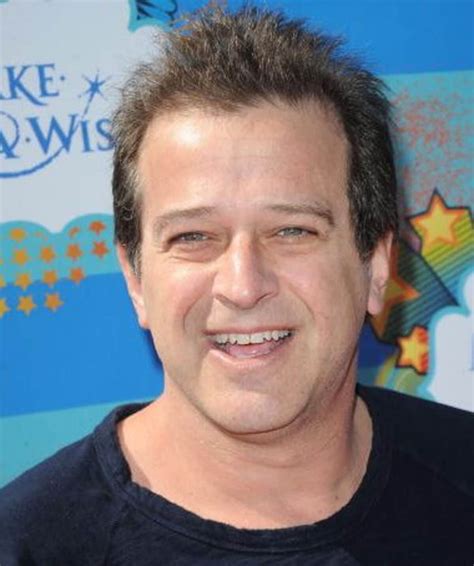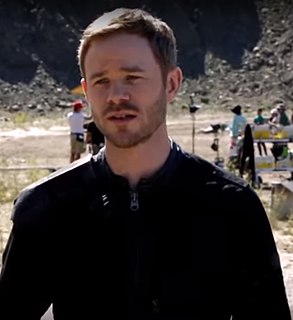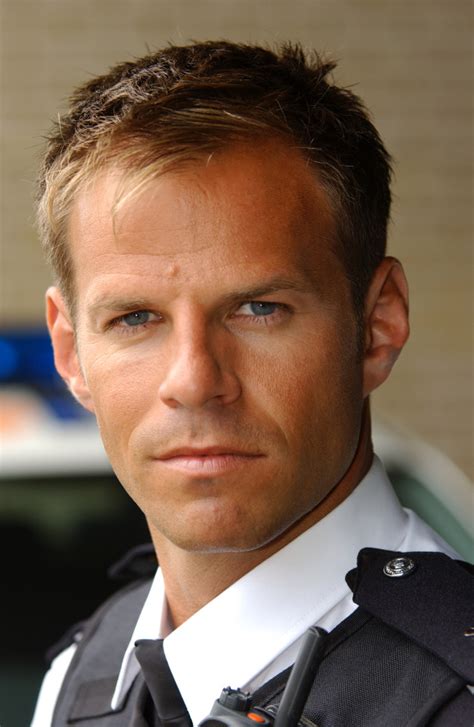Цитата Бонни Хаммер
Большинство людей ошибочно полагают, что научная фантастика — это мужской жанр, хотя на самом деле гораздо больше женщин слушают научную фантастику, чем можно ожидать.
Связанные цитаты
Я бы сказал, что большинство моих книг — это современная реалистическая фантастика... пара, может быть, три книги попадают в категорию «историческая фантастика». Научная фантастика не мой любимый жанр, хотя некоторые работы Урсулы ЛеГуин мне очень понравились. Я мало читал научную фантастику, поэтому других авторов-фантастов не знаю.
Сейчас так много поклонников научной фантастики, и это такой большой бизнес. Так много людей любят научную фантастику, и они так лояльны. Я бы солгал, если бы сказал, что тот факт, что я участвовал в очень популярном научно-фантастическом шоу и получил некоторое признание в этом мире, не помог мне получить работу в другом научно-фантастическом шоу.
Как видите, я несу обиду и некоторые шрамы от многолетнего антижанрового фанатизма. Моя собственная художественная литература, которая свободно перемещается между реализмом, магическим реализмом, научной фантастикой, разного рода фэнтези, исторической фантастикой, литературой для молодых взрослых, притчами и другими поджанрами, до такой степени, что большая часть ее не поддается облагораживанию, — все это было впихнуто в Научно-фантастическая мусорная корзина или с пометкой kiddilit - сублитература.
Научная фантастика использует образы, которые научная фантастика, начиная с Герберта Уэллса, сделала привычной: космические путешествия, инопланетяне, галактические войны и федерации, машины времени и так далее, воспринимая их буквально, не заботясь о том, возможны они или даже правдоподобны. Он не имеет никакого интереса или отношения к реальной науке или технике. Это фантастика в скафандрах. Спектакль. Волшебники с лазерами. Дети с лучевыми пушками. Я написал и то, и другое, но должен сказать, что настолько уважаю научную фантастику, что вздрагиваю, когда люди называют ее научной фантастикой.


































